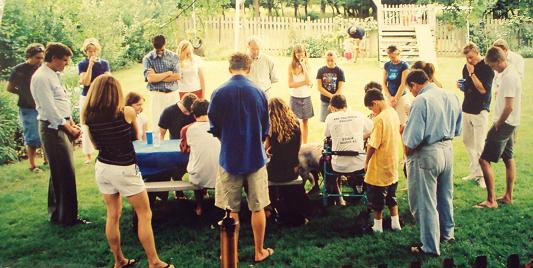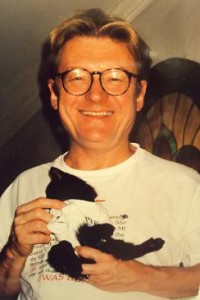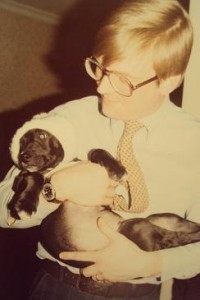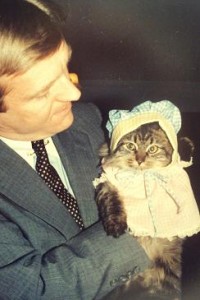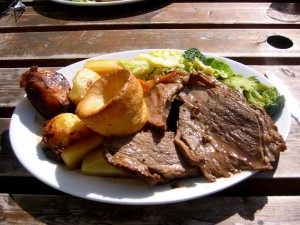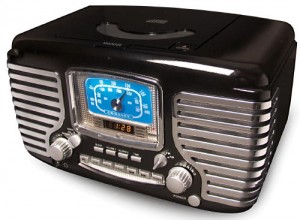From the time I was a toddler, prayer was in my life. It started with poem-prayers from a child’s Golden Book, repeated in a sing-songy way I could repeat along with Mommy. I learned there was an invisible someone to whom she talked in a special way, with her hands clasped and her head down, someone who listened to her. Whoever he was, he commanded great respect from grown-ups.
During my school years, Mom would kneel next to the bed and pray individually with each of us, one at a time, teaching me by example to approach prayer with humility and care. The poetry was left behind, and Mom’s praying became personal to our family situation. I concluded God must know who we were, each one of us.
When I was in 8th grade, life got complicated. My cousin Karen was killed in an accident that year, and my parents evidenced distress like never before. When no one knew what to do, Dad quietly said, “We need to pray.” And as he put words to our anguish, I learned that during the worst of times, prayer helped.
Mom continued praying with us through the high school years. By this time her calls to heaven on my behalf numbered in the thousands, but one specific prayer stood out. Mom was praying for a godly man to one day be my husband. Then she prayed, “And Lord, if any man ever breaks her heart, I’ll break his neck.” I opened my eyes and looked at her, but she was sincere. I was learning that prayer was a way to entrust God with my future, especially if I was nervous about it.
When I went off to Wheaton College, I was forced to decide where I really stood on religion and whether or not the God to whom I’d been praying was important to me. Although I lined up with those who were committed to him, privately I set prayer aside.
But then I married, had children and needed God badly. I came under his leadership in a new way because I was responsible for the welfare of another human being and was inadequate to the task. Prayer became my link to God’s wisdom. I learned that prayer was a two-way conversation, not just me asking but him offering back to me.
Small groups, prayer meetings and increased needs for guidance from a trustworthy source served over the years to develop a strong bond between God and me, and I learned that prayer was instrumental in deepening our relationship. And best of all, he began to identify his answers.
Eventually I decided to pray less of my words and more of his, which led to praying Scripture over people. I set my “wish lists” aside and prayed for the things I knew God wanted: humility, a pure heart, goodness, increased faith, conviction of sin, patience. I learned God isn’t concerned about our having a good time but wants to develop our character, and prayer is a good starting place.
Now prayer is on my mind continually. If a day ends without a chunk of time spent in conversation with God, I go to bed with a sense of loss. I want to get as close as possible to the amazing Person who hears and answers prayer. And the best way to do that is to converse with him.
God has made himself available, and I’ll spend the rest of my life taking advantage of this priceless offer.
”Pray in the Spirit on all occasions with all kinds of prayers and requests.” (Ephesians 6:18a)

